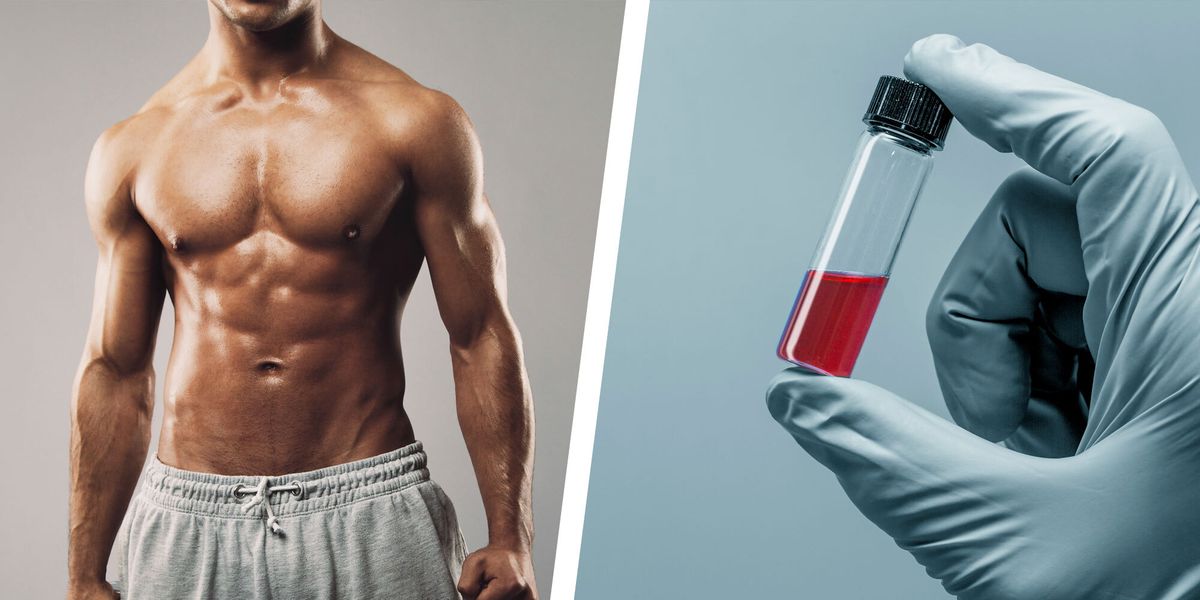
There’s no denying the importance of hormones in regulating various aspects of our body’s overall well-being. Among the many hormones, testosterone holds significant importance in maintaining an optimum balance in our bodies, especially for men. However, sometimes, hormonal imbalances occur, leading to a multitude of issues that can impact not just our physical health, but mental as well. In recent years, buy testosterone online has emerged as a treatment option for those struggling with low testosterone levels. This comprehensive guide aims to provide you with all the important information on TRT, from understanding the causes of low testosterone levels to the intricacies of the therapy itself.
TRT is a medical solution to help men with abnormally low levels of testosterone. It involves the administration of synthetic or bio-identical hormones that stimulate testosterone production in your body, thus helping to restore normal hormone balance. TRT can be administered through several methods such as gels, patches, injections and pellets placed under the skin.
As with any medical procedure, there are certain risks associated with TRT that you should take into consideration before undergoing this treatment. Some of the common side effects include acne, hair loss, sleep disturbances and increased aggression. However, these side effects tend to be mild and can be managed through proper monitoring and administration of the hormone therapy.
When considering TRT, it is important to have an open and honest conversation with your doctor to discuss the risks associated with this therapy. Weighing up the pros and cons of TRT should be done carefully in order to make sure you are making an informed decision that is best for your health. Additionally, blood tests should be conducted regularly, to ensure that the treatment is working and hormone levels are being managed safely.
TRT can be an effective way of managing low testosterone levels in men if done properly with medical. If you think this therapy may be right for you, it’s important to discuss your options with a doctor who specializes in hormonal therapy. With a team of qualified medical professionals, you can make sure you are getting the best quality care and treatment possible.
Table of Contents
1. What Is Testosterone And Its Importance?
Testosterone is the primary male sex hormone, responsible for maintaining essential functions in the body, such as muscle mass, bone density, fat distribution, and sexual function. While both men and women produce testosterone, levels are much higher in men. Testosterone plays a crucial role in men’s health and well-being by regulating libido, muscle mass, bone density, and mood. Adequate testosterone levels are also significant for women, as they contribute to their bone strength, mood, and overall wellness.
2. Causes of Low Testosterone Levels
Low testosterone, also known as hypogonadism, can result from a variety of factors. Some of the potential causes include natural aging, obesity, stress, injury to the testicles or the pituitary gland, certain genetic conditions, or chemotherapy for cancer. Medical conditions such as type 2 diabetes, liver or kidney disease, and HIV/AIDS can also contribute to low testosterone levels. Additionally, lifestyle factors, such as poor diet, lack of exercise, and alcohol consumption, can negatively impact hormone production.
3. Identifying Low Testosterone Levels
To properly diagnose low testosterone levels, healthcare providers will typically begin by reviewing one’s medical history, discussing symptoms, and performing a physical examination. If low testosterone is suspected, a blood test will be conducted to confirm the diagnosis. Symptoms for men may include decreased sexual function, reduced muscle mass, increased body fat, fatigue, low mood, irritability, and erectile dysfunction. Women experiencing low testosterone levels may experience low libido, fatigue, weight gain, mood swings, and irregular menstruation.
While TRT can be a great tool for restoring hormone balance, it is important to remember that lifestyle changes and natural remedies may also help manage your testosterone levels. Eating a healthy diet, exercising regularly, managing stress levels and avoiding alcohol consumption can all have positive effects on our hormones, helping us to achieve an optimum state of health and wellbeing.

By following the tips outlined in this guide, you can be sure that your approach to TRT is well-informed and tailored to your individual needs. With the right care and support, you can get the most out of your testosterone replacement therapy and experience a better quality of life.
4. What is Testosterone Replacement Therapy (TRT)?
Testosterone Replacement Therapy (TRT) is a medical treatment designed to restore optimum testosterone levels in individuals experiencing low levels. TRT can be administered in various forms, including injections, topicals, oral medications, or pellets. This therapy does not cure low testosterone but instead manages the symptoms and aims to improve the overall quality of life.
5. Benefits, Risks, and Side Effects of TRT
When appropriately administered, TRT can provide numerous benefits to individuals struggling with low testosterone levels. These may include improved mood, increased energy levels, better sexual wellness, increased muscle mass, bone density, and overall vitality. However, it is crucial to acknowledge potential risks and side effects, such as high blood pressure, acne, elevated red blood cell counts, testicular shrinkage, and infertility for males. Women may experience unwanted hair growth or deepening of the voice. As with any medical treatment, the decision to undergo TRT should always be made in consultation with a healthcare professional, weighing the potential benefits and risks.
Understanding Testosterone Replacement Therapy is crucial for individuals experiencing low testosterone levels or suspecting a hormonal imbalance. Although this treatment can provide relief from many symptoms and improve quality of life, it is essential to work closely with qualified healthcare professionals to determine the best course of action suited to one’s unique situation. With a proper diagnosis, the right form of TRT, and lifestyle adjustments to support overall well-being, individuals can effectively manage their low testosterone levels and achieve a better state of health.



